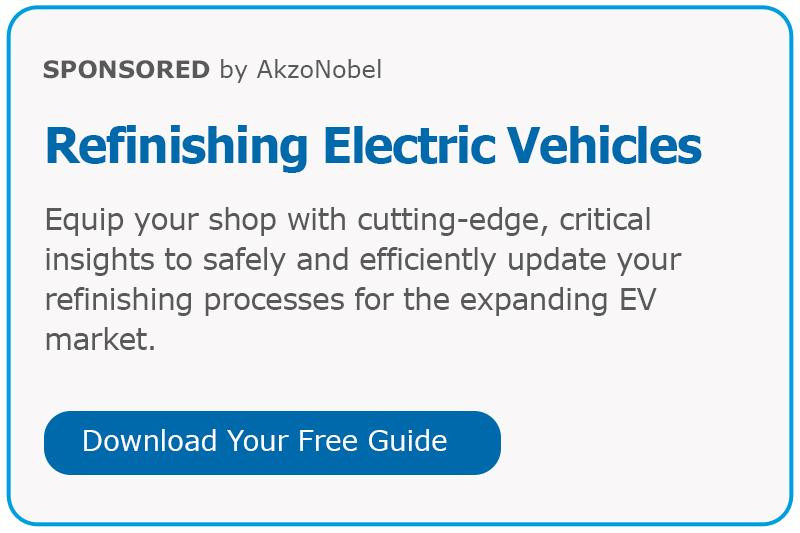Oregon signed into law March 27 a bill targeting the longevity and repairability of consumer electronics. The law, which goes into effect Jan. 1, 2025, but will not be enforced until July 1, 2027, prohibits companies from mandating that electronic equipment parts be unlocked with encrypted software checks before they can be fully functional. It also requires manufacturers to make parts, tools and repair manuals available to consumers and third-party repairers.
This move is hailed by consumer advocates as a major victory for owners of electronic devices, who will now have greater access to repair options, potentially reducing costs and extending the life of their devices.
The law explicitly excludes other goods, like video game consoles, medical devices, HVAC equipment, solar panels, electric toothbrushes -- and automobiles.
Aaron Schulenburg, executive director of the Society of Collision Repair Specialists (SCRS), said the new legislation did not need to include automobiles because it is "bringing the options that already exist in the collision repair space to other industries."
"From what I can see, the Oregon bill -- similar to other digital right to repair bills we’ve seen in other states -- are largely modeled after things that already exist in the collision repair space," Schulenburg said. "I think framing it that the auto industry was excluded [from the new legislation] misses the broader picture."
Schulenburg said "right to repair" is a vehicle owner's ability to choose a locally-owned “mom and pop” repair facility, multi-location independent business, dealership or national franchise or chain to fix their vehicle -- which has access to the necessary tools and equipment -- and if OEM, aftermarket, used or remanufactured parts are used.
"That is all already very present in the collision repair industry," he said.
Schulenburg said SCRS' member shops in Oregon have access to the service information, tools and parts needed to provide a safe and proper repairs.
"I actually think that many of our members might argue consumers are under greater economic pressure from the insurance industry to use non-OEM parts and to disregard available documented procedures, than they are under a restriction to only use OEM parts and procedures," Schulenburg said.











Abby Andrews